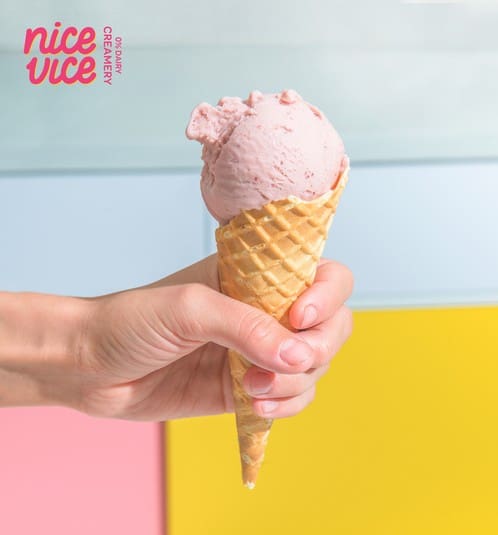 Meatless Monday in Vancouver just got an important boost! The influential Vancouver Food Policy Council (VFPC) has unanimously passed a motion that “endorses the concept of Meatless Mondays and encourages Vancouver citizens to choose plant-based meals on Mondays.”
Meatless Monday in Vancouver just got an important boost! The influential Vancouver Food Policy Council (VFPC) has unanimously passed a motion that “endorses the concept of Meatless Mondays and encourages Vancouver citizens to choose plant-based meals on Mondays.”
The council is an important and respected voice in food policy in the city and the motion is a major step in advancing the Meatless Monday movement locally, which is being spearheaded by VHS. With concerns growing about the impact of meat consumption on animal welfare, climate change and human health, Meatless Monday has steadily grown into a popular global initiative.
VHS has been working with the VFPC on the motion and is thrilled with the council’s support. “We’re extremely pleased the Vancouver Food Policy Council is endorsing the Meatless Monday concept,” said VHS Program Coordinator, Emily Pickett. “The issues that we face as a society – factory farming, preventable health conditions and climate change – can be daunting and leave one feeling helpless at times. But Meatless Monday is a meaningful way for individuals to be a part of the solution.”
The VFPC is an advisory group to Vancouver City Council and functions as a bridge between citizens and civic officials, coming together to work on food policy initiatives that benefit all Vancouverites. VHS pitched the Meatless Monday concept to the VFPC late last year, in the hopes that its members would endorse the humane, healthy and sustainable-eating campaign and help it reach a wider audience throughout Vancouver.
Below is a copy of the VFPC’s motion endorsing Meatless Monday:
WHEREAS the Vancouver Food Charter commits the City of Vancouver to
- Supporting a food system that “contributes to the environmental stability and well-being of our local, regional, and global communities”,
- Encouraging the “humane treatment of animals raised for food”, and
- Increasing “the health of all members of our city”; and,
WHEREAS contemporary animal agriculture has negative environmental impacts including greenhouse gas emissions and water pollution and often does not confer humane treatment of animals; and,
WHEREAS scientific evidence links excess meat consumption with heart disease, stroke, type 2 diabetes, obesity, certain cancers, and earlier death; and,
WHEREAS “Meatless Monday” is a global movement endorsed in global cities such as New York, Portland, and San Francisco that uses a simple message (“once a week, cut the meat”) to raise awareness that reducing intake of meat and animal products, particularly from industrial sources, can help protect human, animal, and environmental health;
BE IT RESOLVED THAT the Vancouver Food Policy Council endorses the concept of Meatless Mondays and encourages Vancouver citizens to choose plant-based meals on Mondays.
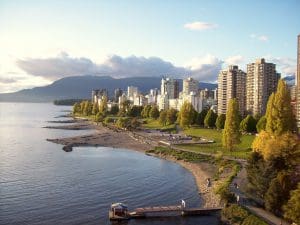
Every year, over 700 million animals are raised and killed for food in Canada, nearly all of whom are confined to unnatural and cruel factory farms. Our over-consumption of meat is not only bad for the animals, but studies have connected red and processed meat consumption with an increased risk of certain types of cancer, cardiovascular disease, diabetes and obesity. Animal agriculture is also responsible for more greenhouse gas emissions than the entire transportation sector, making the industry a major contributor to climate change, pollution, water use, deforestation and biodiversity decline. As the United Nations Food and Agricultural Organization has framed it, “livestock’s contribution to environmental problems is on a massive scale and its potential contribution to their solution is equally large.” That there is so much impact in what we choose to put on our plate means there is just as much potential for change and Meatless Monday is a great place to start.
The VFPC’s support for Meatless Monday is also in line with the actions of several Metro Vancouver schools, who have joined the local movement within the last year. VHS has helped Langara College, British Columbia Institute of Technology, Eric Hamber Secondary and Winston Churchill Secondary implement Meatless Monday in their cafeterias – promoting delicious plant-based menu items as a healthy, humane and sustainable choice for students and staff. The impact has been very positive, with multiple schools reporting an increase in cafeteria sales already. VHS is working with several other schools interested in bringing the initiative to their cafeterias once school resumes in the fall.
The council’s endorsement adds an important voice to the call for a more ethical and sustainable food system and it will certainly help expand the reach of the “once a week, cut the meat” message in and around Vancouver. Learn more and join the local movement today by taking the Meatless Monday pledge today!


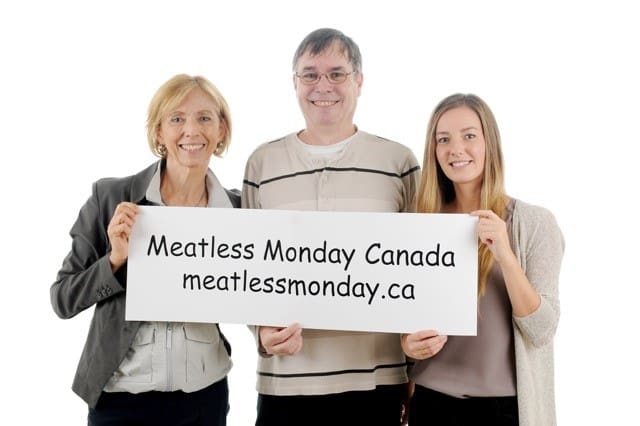
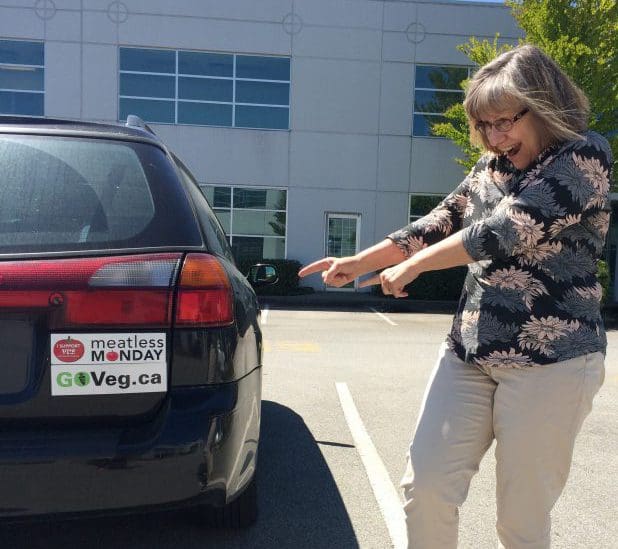


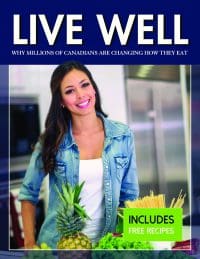








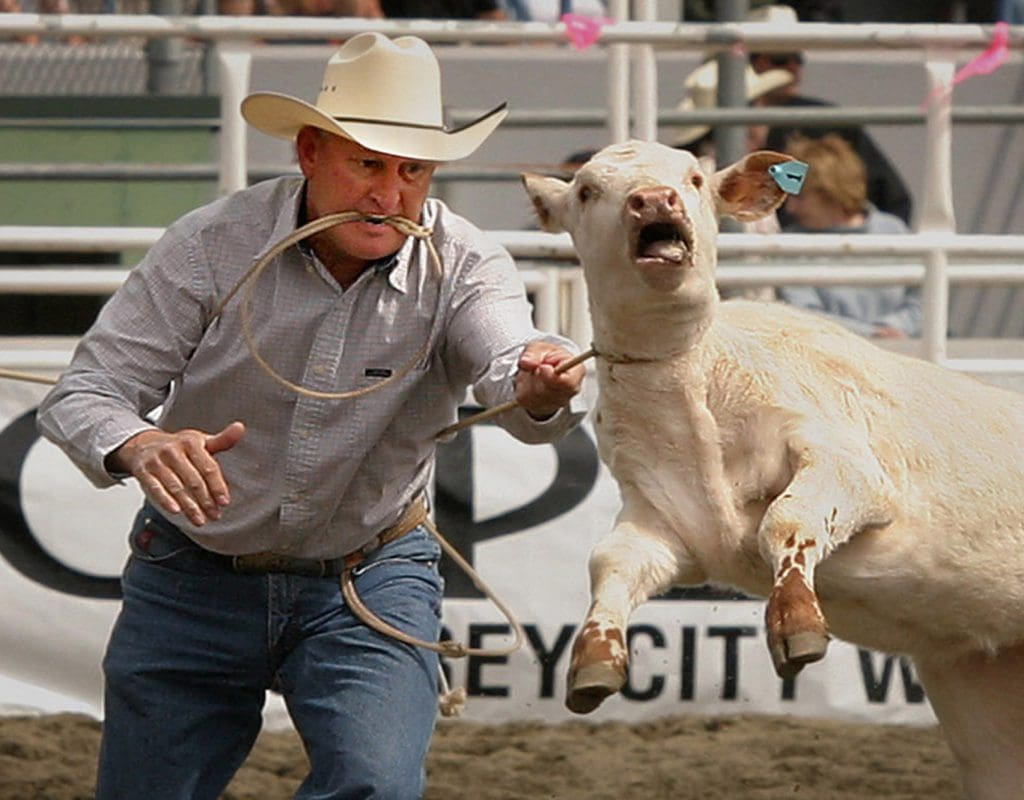
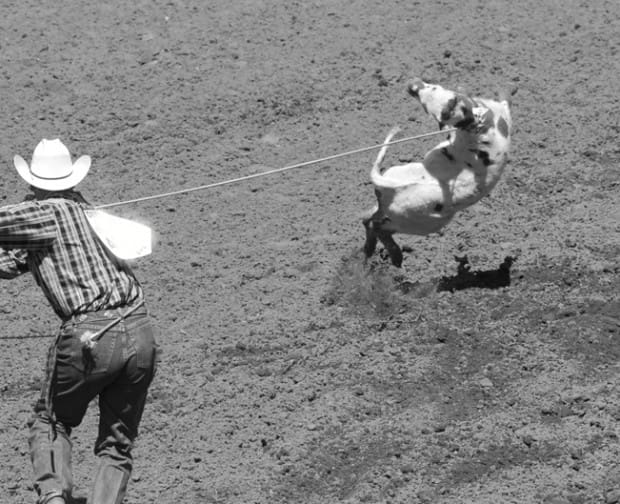
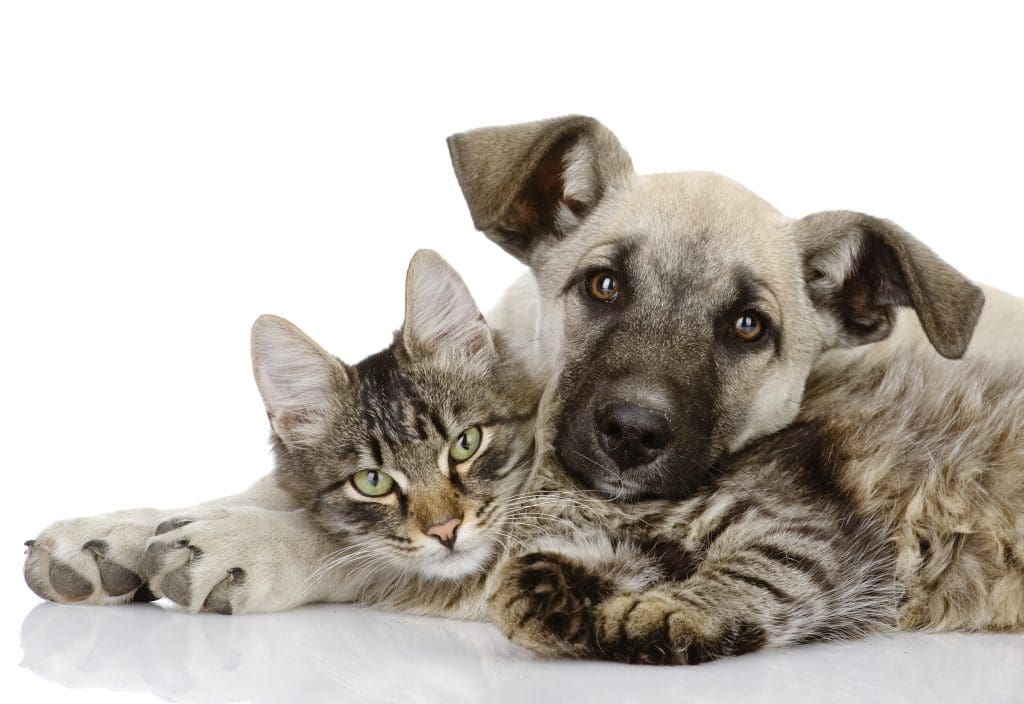


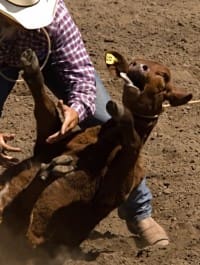
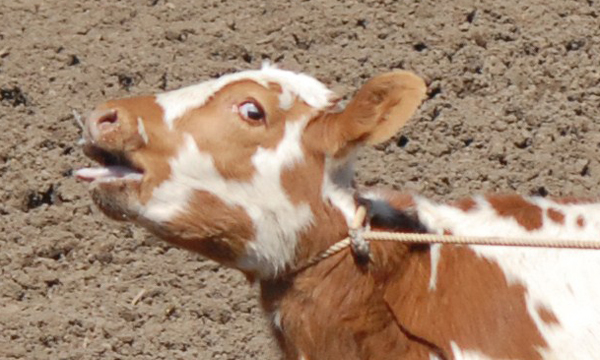
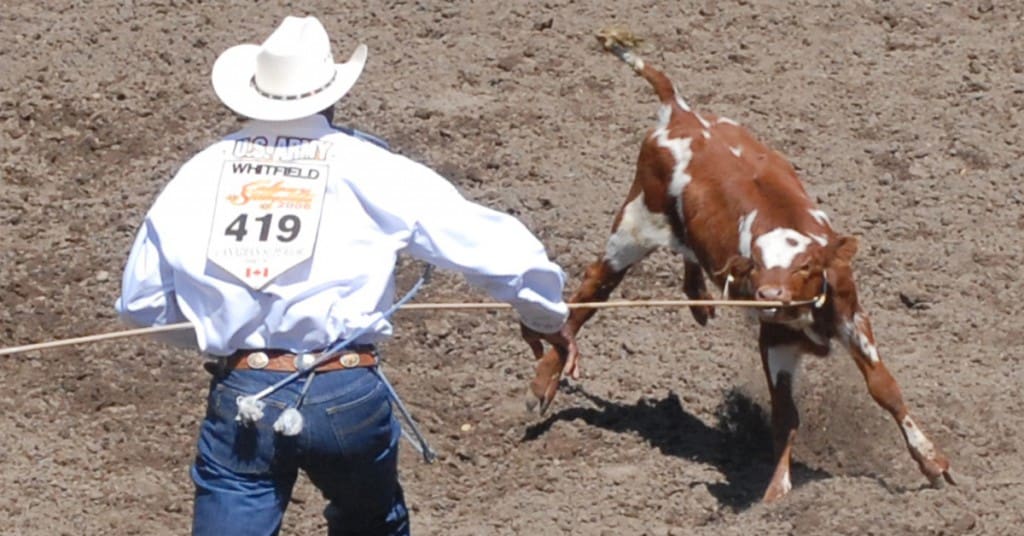






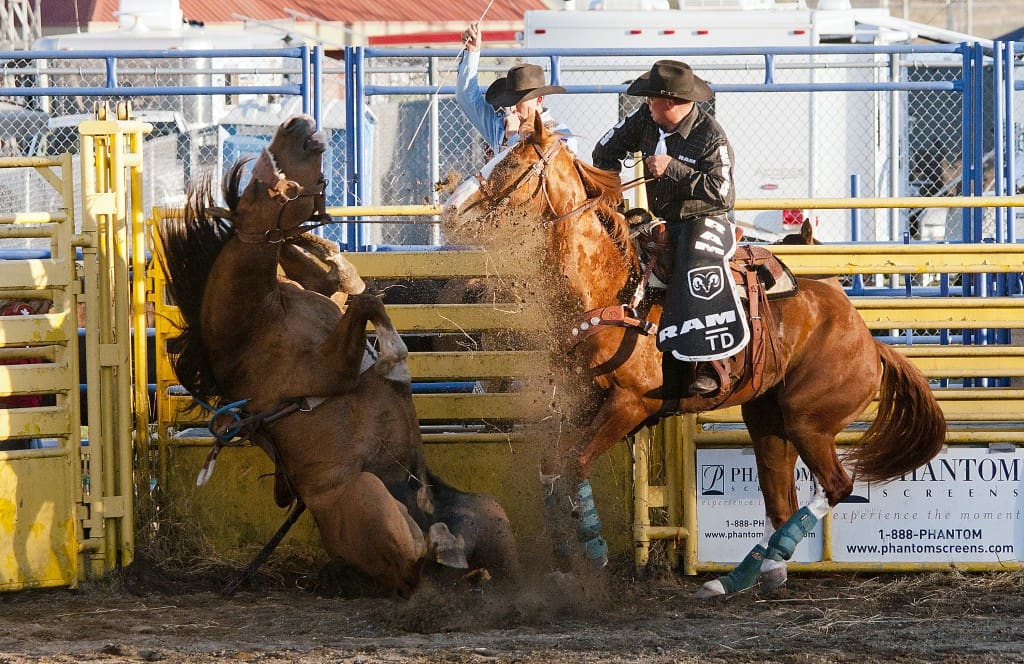
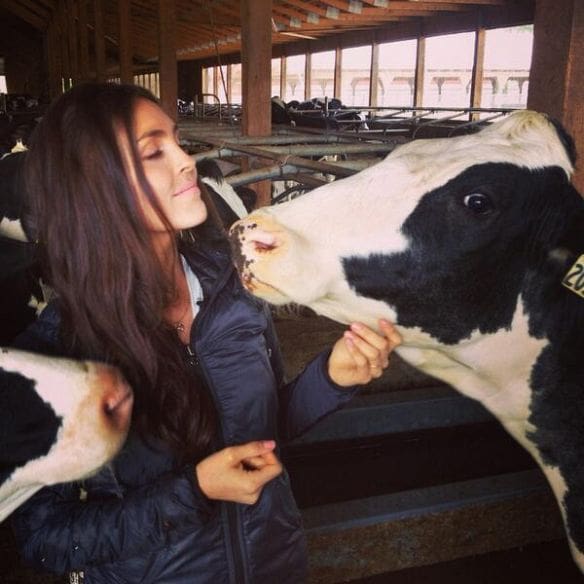
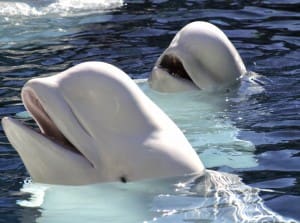 Last week, SeaWorld announced that, effective immediately, it is ending its orca breeding program and will be phasing out its theatrical shows involving orcas.
Last week, SeaWorld announced that, effective immediately, it is ending its orca breeding program and will be phasing out its theatrical shows involving orcas.